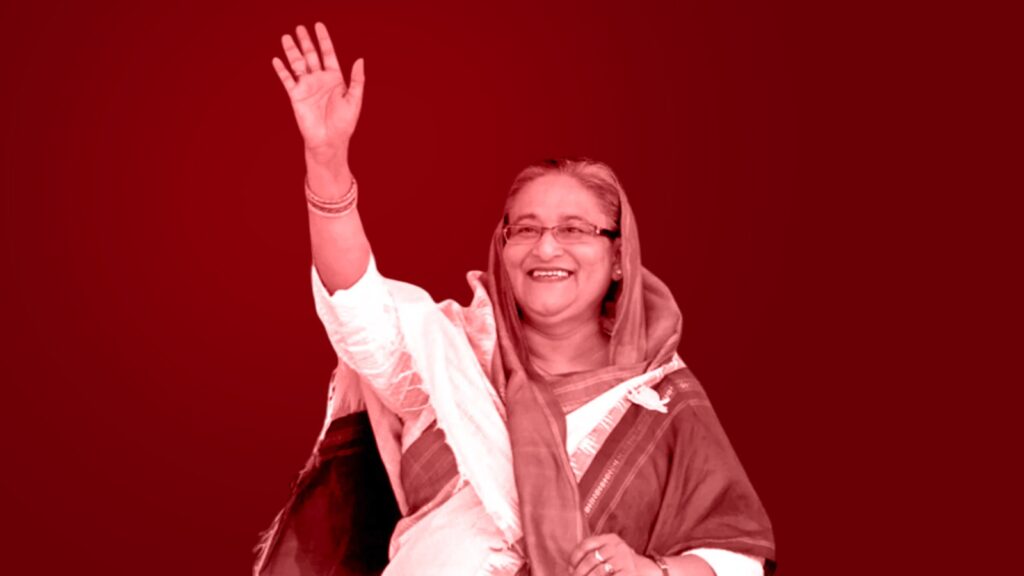Western Powers Call for Calm in Bangladesh Amid Sheikh Hasina’s Flight. Following the dramatic departure of Sheikh Hasina, long-time leader of Bangladesh, Western powers have urged calm in the country. The United States commended the military for establishing an interim government rather than further repressing protesters.
Sheikh Hasina, who maintained a close relationship with regional power India, had been a key ally of the West during her 15 years in power. However, her increasingly authoritarian approach had attracted growing criticism.
The United States has called on all parties in Bangladesh to “refrain from further violence” as the country grapples with severe unrest. The capital, Dhaka, has been plagued by looting and violence, with bodies found in hospitals and increasing casualties reported.
State Department spokesperson Matthew Miller emphasized, “Too many lives have been lost over the past several weeks. We urge calm and restraint in the days ahead.” He noted that reports suggest the army resisted calls to suppress student-led protests further, a development he described as “positive.”
Miller also welcomed the announcement of an interim government and stressed the need for any transition to comply with Bangladeshi laws. Regarding future leadership, he stated, “We want to see the Bangladeshi people decide the future Bangladeshi government.”
UN Secretary-General Antonio Guterres has called for a “peaceful, orderly, and democratic transition” and a “full, independent, impartial, and transparent investigation into all acts of violence,” according to his spokesman Farhan Haq.
Britain, Bangladesh’s former colonial power, has urged the United Nations to lead an investigation into the recent events. Foreign Secretary David Lammy stated, “The people of Bangladesh deserve a full and independent UN-led investigation into the events of the past few weeks.”
The European Union also called for “calm and restraint,” with EU foreign policy chief Josep Borrell emphasizing the importance of ensuring “an orderly and peaceful transition towards a democratically elected government, in full respect of human rights and democratic principles.”
Canada’s Foreign Minister Melanie Joly condemned the “human rights violations, deaths, torture, arbitrary arrests, and lethal force” used against protesters and urged all parties to uphold democratic institutions and the rule of law during the transition.
There has been no immediate response from regional governments regarding Hasina’s fall, who had skillfully balanced relations with India and China. Indian media reports suggest Hasina flew to a military airbase near New Delhi, with plans to possibly continue on to London, though her passage remains uncertain.
The U.S. had previously praised Hasina’s economic achievements and her role in countering Islamist extremism and hosting Rohingya refugees. However, recent criticisms of her autocratic tendencies led to visa sanctions over democratic concerns.



